by Theodore Samets
Among the many back-and-forths between current American, Israeli, and Palestinian leaders is the demand that Palestinians recognize Israel not only as a nation but specifically as a “Jewish state.”
Yesterday on Time’s Global Spin blog, Tony Karon, a Jewish but notoriously anti-Israel commentator, asks: “Is Israel the ‘National Home of the Jewish People?’”
Karon uses a heated debate to try and draw distant conclusions. One can certainly make the argument that Prime Minister Benjamin Netanyahu’s demand, supported by President Obama, that Mahmoud Abbas accept Israel as a Jewish state, is unnecessary. Some commentators have gone even farther and attempted to point out flaws in this goal.
Yet this is not what Karon is asking in Time. Instead, he’s challenging the basis for Zionism altogether, and making statements that, were he not Jewish, some might label as anti-Semitic. He claims that Jews who live outside of Israel and support the Netanyahu-Obama request can no longer identify their home country as “home:”
Demanding that Israel be recognized as the “national home” of a Jewish American, Canadian, South African or Argentine becomes problematic for many more liberal and secular Jews. Many Jewish Americans who’ve grown up with the melting-pot values of integration are not entirely comfortable with the idea that their religion assigns them a “national home” elsewhere…
Karon’s claims, which he puts in the context of a response to Akiva Eldar’s column in yesterday’s Haaretz, ask a more fascinating and enduring question than they intend: Are American Zionists, supporters of the “Jewish state” of Israel, inherently guilty of dual loyalty? Karon accepts this premise without question, yet it is a problematic contention on many levels. Accusations of dual loyalty have come up throughout this country’s history, from Charles Lindbergh to Louis Farrakhan, but these claims have not convinced many Americans.
It’s clear that most Americans do not concur with Karon’s claim. American society accepts Jews as equals more than any society in recent history. Accusations of dual loyalty are rare, even for those Jews who sing Hatikvah on occasion or teach their children to do so in Hebrew School. And American support for Israel, as told time and time again in polls over the past several decades, is incredibly high.
Why don’t more Americans accuse Jews of dual loyalty? Maybe it’s because many know the stories of passionate Jewish Americans, Zionists, who put their lives on the line for the United States by serving in the military, from the Civil War hero Leopold Blumenberg to the many men and women serving in the armed forces today. Or they’ve worked alongside Zionist Americans at charity events benefiting local communities. For some reason, most Americans don’t take issue with their fellow citizens marching up Fifth Avenue waving Israeli flags every spring, as is the case every year at New York’s well-known Salute to Israel Parade.
A few years ago, the American-Israeli historian Michael Oren, who now serves as Israel’s ambassador to the United States, wrote a great book in which he examined (among other claims) why this country was so profoundly pro-Israel. Oren argues that the dominance of the Protestant faith in this country gives the United States a continued connection to Israel, and that it has long been in America’s strategic interest to support the Jewish state.
Beyond the “shared values,” “shared histories,” and “shared enemies,” claims, all of which have merit, Israel and the United States share a common purpose. Both are the result of people who left another land concerned for their well being, solely because of the way they wanted to worship. While Israel has remained a state for the Jews of Europe, as well as saving the lives of many Jews from Arab lands, the former Soviet Union, and Ethiopia with the law of return, the United States has a storied – and to be sure, imperfect – history of serving as a refuge for people of many different religions, races, and creeds.
When it comes to the Jews, this purpose overlaps. Many American Jews don’t feel the need to make aliyah because they already live in a country that exists to keep them safe. That doesn’t mean American Jews, and non-Jews for that matter, can’t see the need for a Jewish state. Supporting that idea isn’t anti-American, and it isn’t worthy of Karon’s or Eldar’s accusations of dual loyalty. Instead, supporting the Jewish state is in itself an American value.



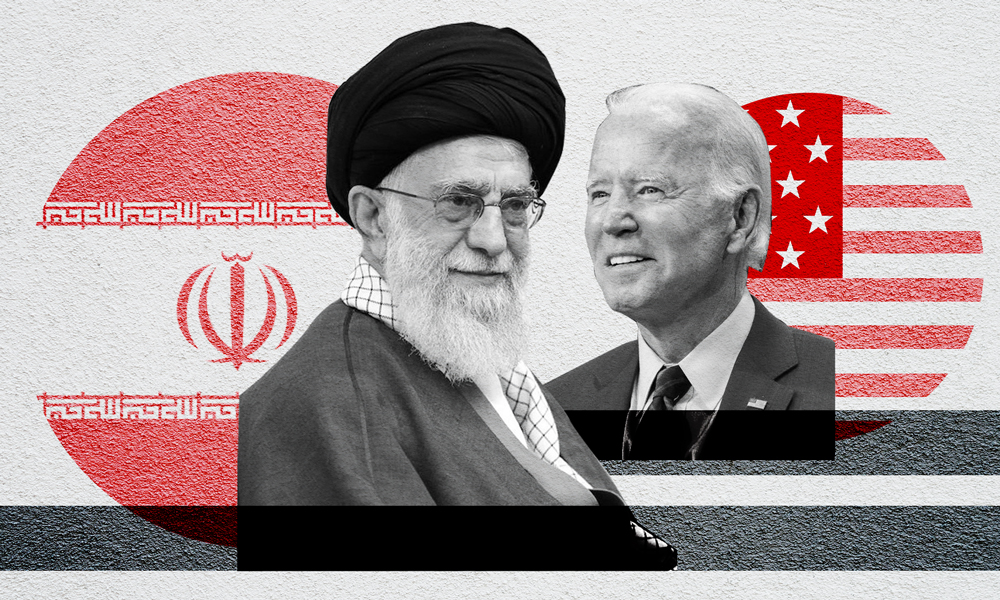
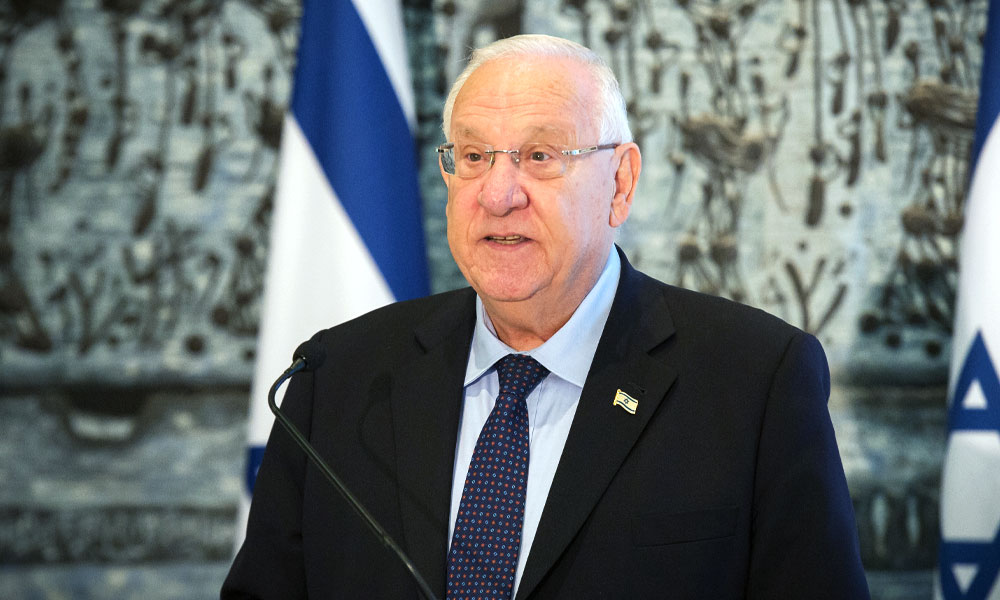


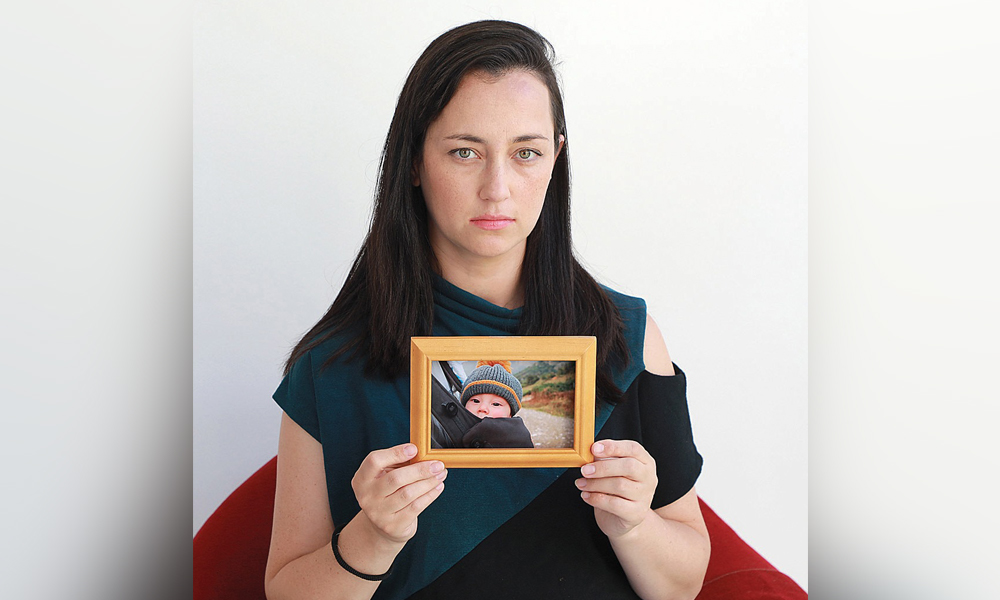
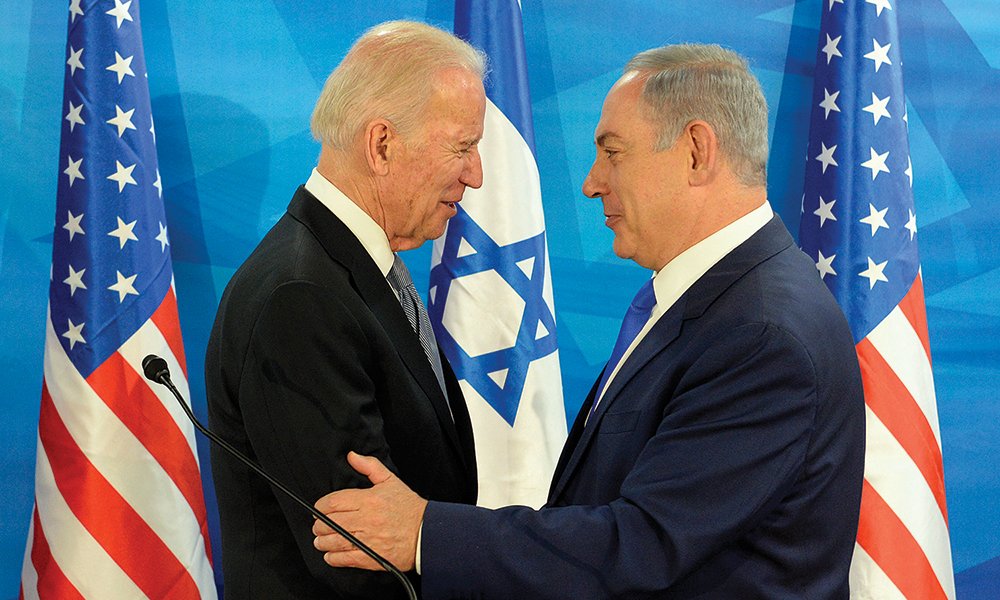

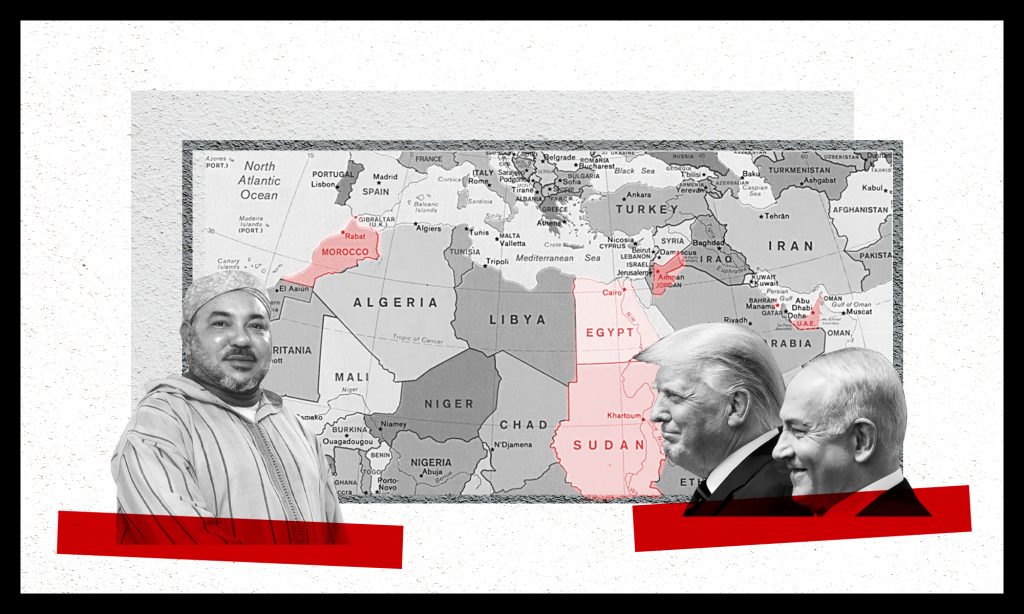
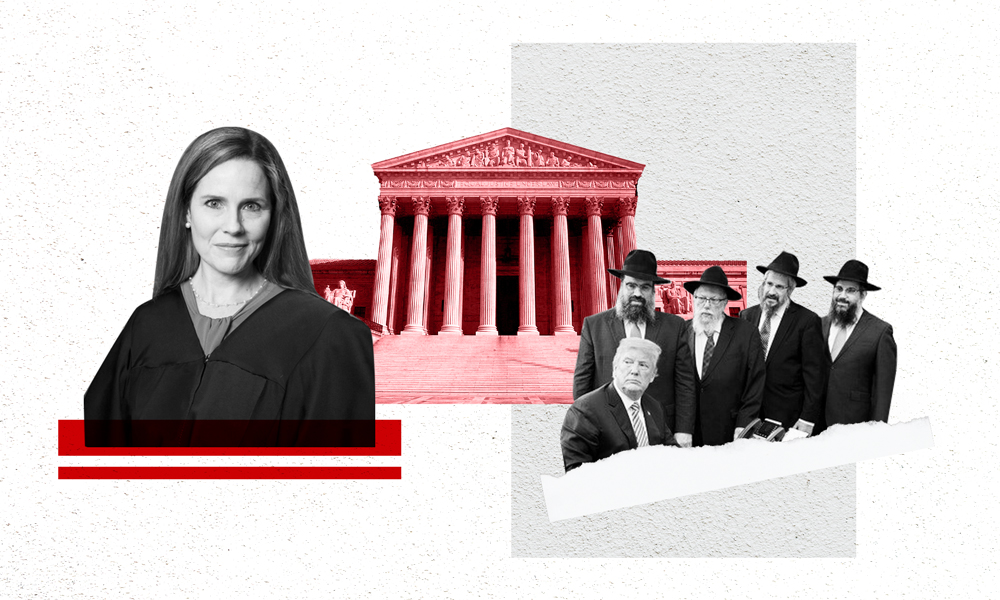

Very Good Information, thanks for sharing.
Hope we will read many other good things from you in future also.
Regards.